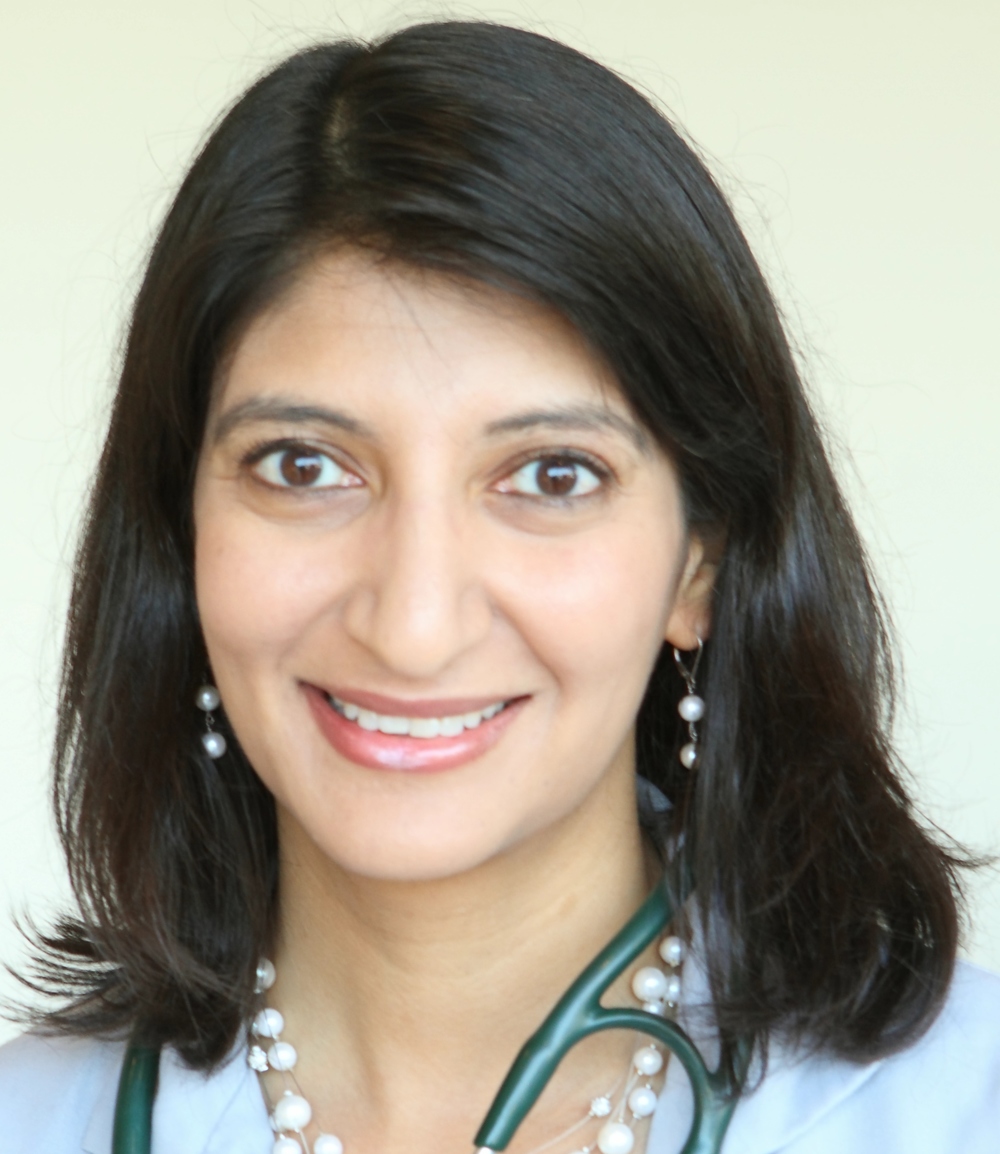Findings presented Monday at the American College of Allergy, Asthma & Immunology (ACAAI) 2015 Annual Scientific Meeting suggest that testing the siblings of children diagnosed with food allergies is not advisable. These tests often return positive results even though the child does not have allergy. False positives generally lead to food avoidance which may increase the risk for developing an allergy later in life.
“Many children are sensitized to a food, so they will have a positive test result, but that does not mean they have a true food allergy,” said Ruchi Gupta, MD, lead researcher on the study from the Northwestern University Feinberg School of Medicine in Chicago.
The study involved 478 children with confirmed food allergy and 642 of their siblings. Each sibling was given skin prick tests and serologic immunoglobulin E (sigE) for cows milk, egg white, soybean, wheat, peanut, walnut, sesame seed, a fish mix and a shellfish mix. The siblings were then observed for 2 hours after ingesting the foods for clinical signs of allergy, including hives, breathing difficulties or shortness of breath, repetitive coughing, wheezing or chest tightness, throat tightness, choking or difficulty swallowing, tongue swelling, fainting, dizziness, light-headedness or decreased consciousness, and vomiting.
Food allergy was defined as a positive skin prick test plus symptoms, while sensitization was defined as a positive skin prick test or positive sigE and an absence of symptoms.
The results: Of the siblings, 87% tested negative or had food sensitivities while 13% had actual food allergy. Furthermore, 53% of the group had food sensitivities, i.e. their skin prick or sigE tests returned false positives.
The researchers included comorbid conditions, such as asthma and eczema, family history of allergies, hygiene factors such as having a pet, infections in the first year of life, antibiotics, and cesarean delivery. “We found that the only significant association with developing a food allergy in siblings was if they had asthma or eczema,” said Dr Gupta.
Be sure to discuss this study with your child’s allergist when considering having siblings tested.






